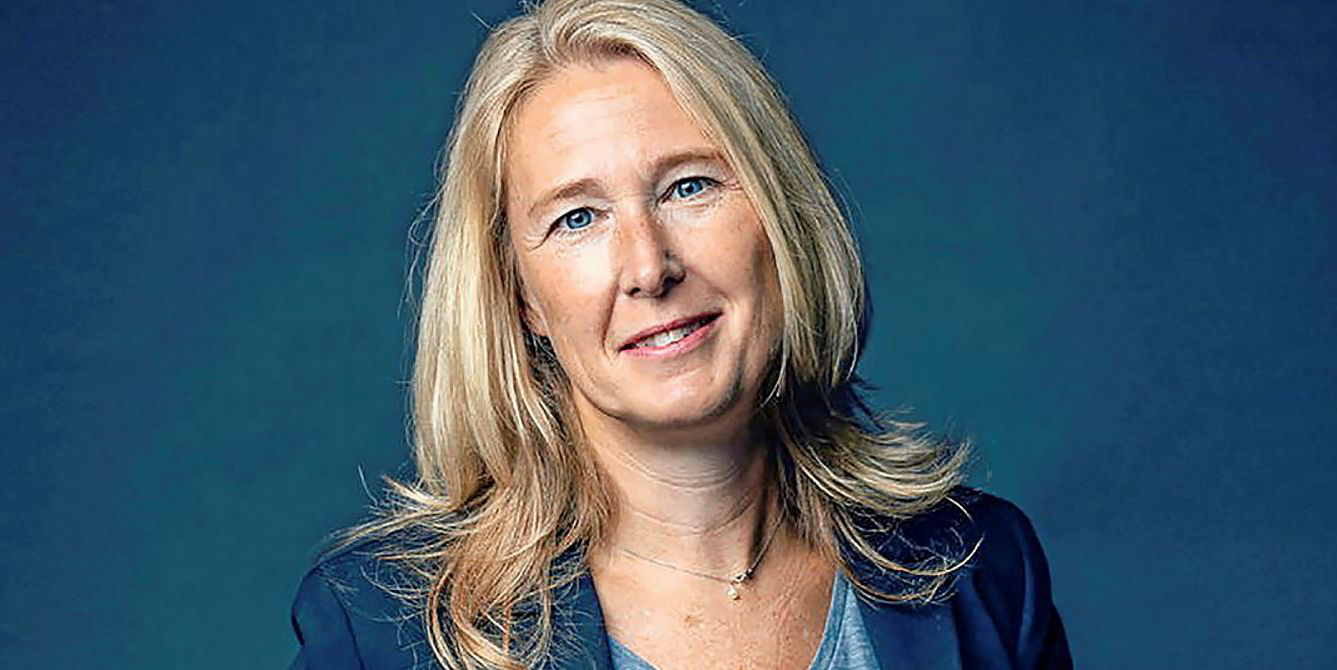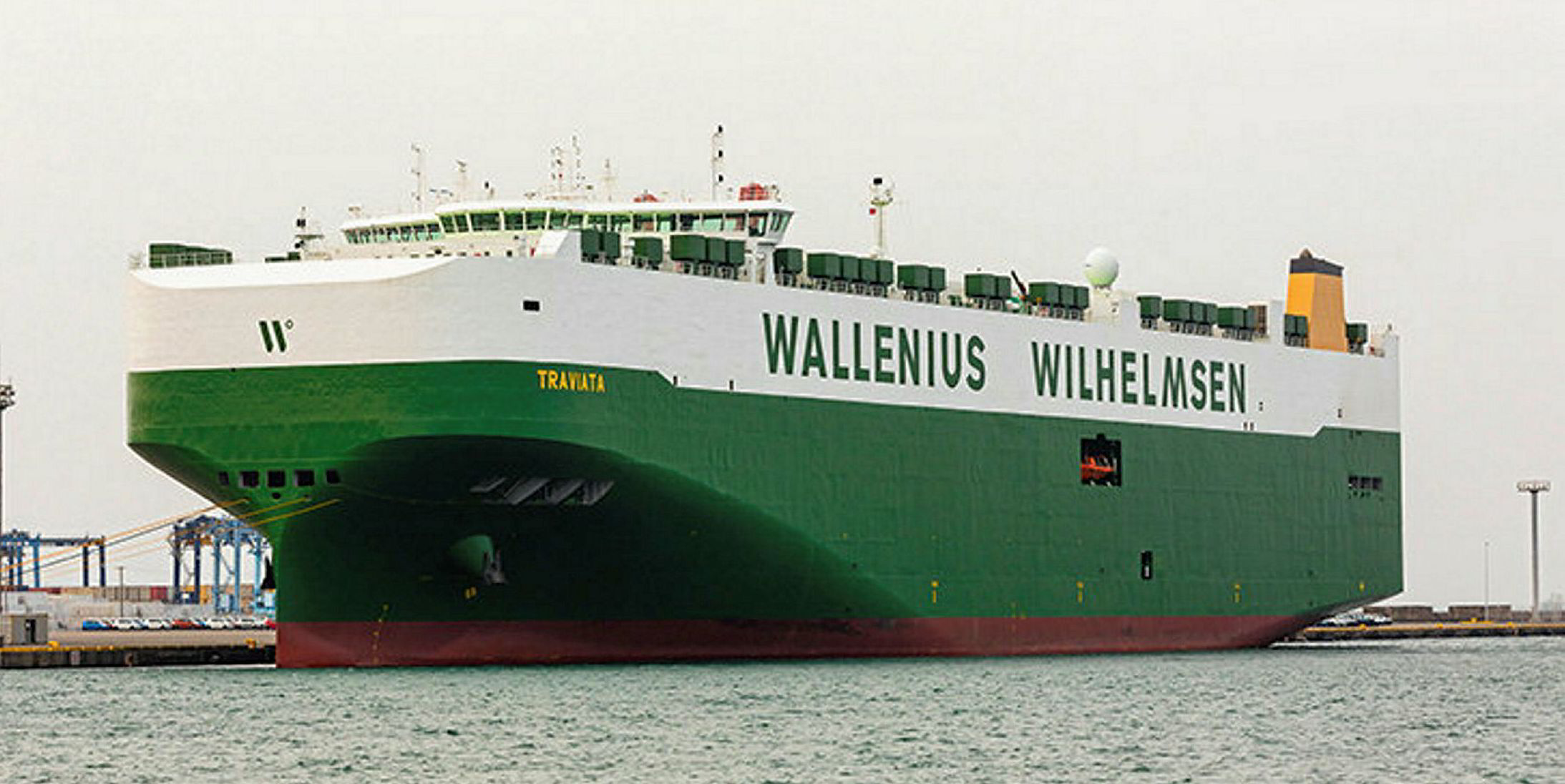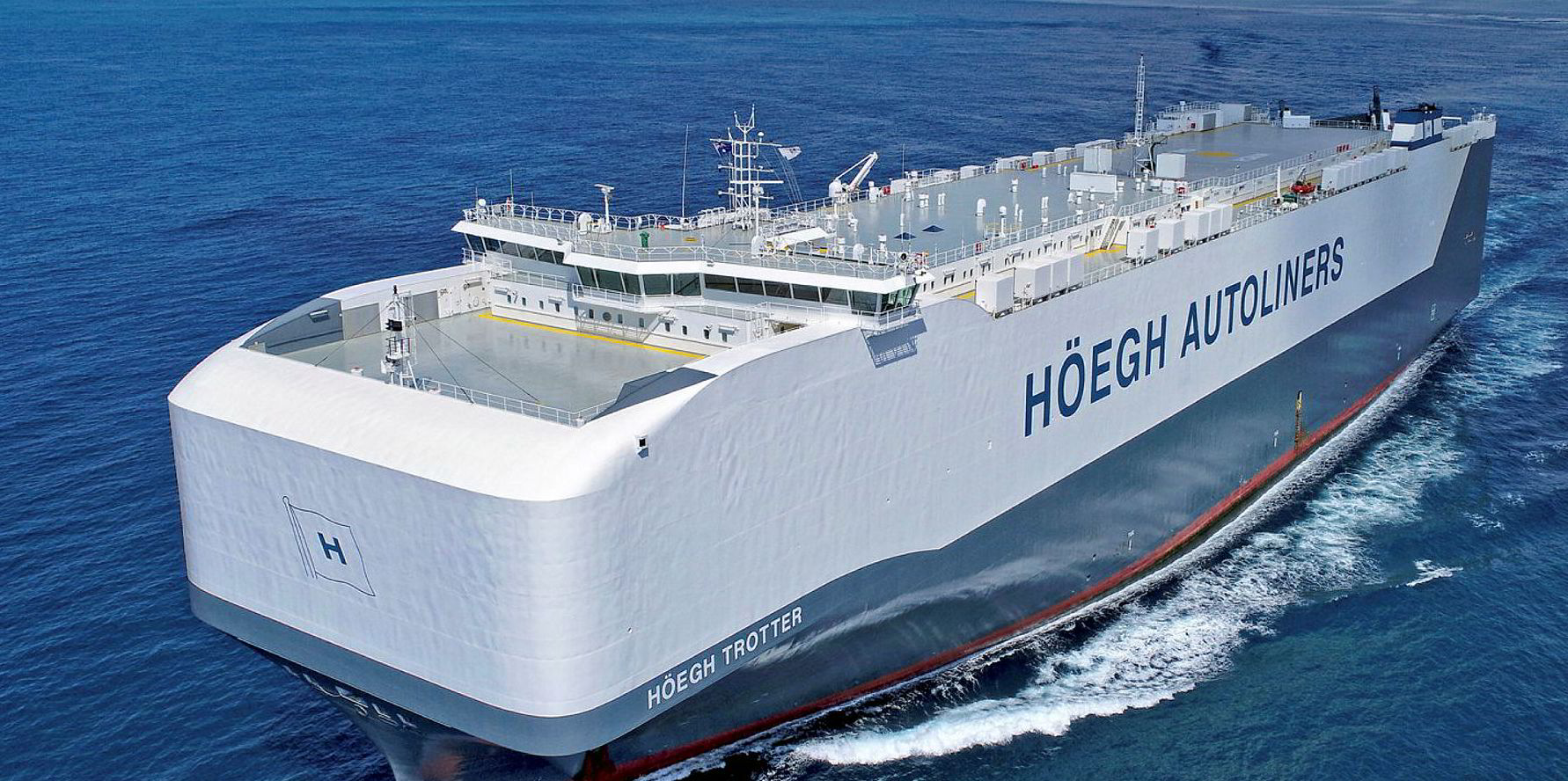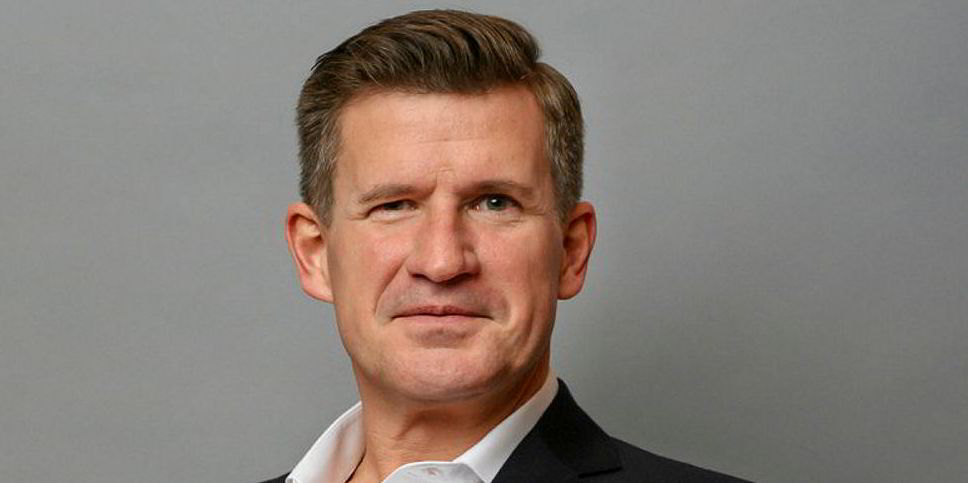The car carrier sector could face a radical shake-up in business practices in the wake of the coronavirus pandemic.
That was the message from Karolina Kjellgren, Wallenius Wilhelmsen’s vice president of ocean trade, as she addressed delegates at the International Union of Marine Insurance (IUMI)’s annual conference last week.
The sector has been badly hit, with the pandemic causing widespread closure of car plants worldwide. Consumer confidence has also been dented, with global car sales set to slump 22% this year and, as a result, demand for seaborne transportation expected to collapse by about 3.5 million units in 2020.
Time-charter rates for 6,500-ceu pure car/truck carriers have fallen to around $10,000 per day — the lowest level recorded in the last 20 years.
Quickest to act
Wallenius Wilhelmsen, one of the world’s largest operators handling around 7m units annually, was one of the quickest to act, putting a total of 15 car carriers into cold lay-up.
Speaking at IUMI’s virtual Stockholm conference, Kjellgren said the immediate response was to save cash so the company could maintain the capability to respond when the market bounced back.
“The essence was speed and cash preservation,” she said. “If you don’t have cash, you will not survive this crisis in the long term.”
The brakes were put on capital expenditure as the company targeted $200m in cash savings. As well as lay-ups, scrubber installations were postponed, some ships were sent to early demolition, dry-dockings were delayed and other planned investments shelved.
The workforce was trimmed through furlough and other schemes but support systems were put in place to assist workers through the crisis.
One of the characteristics of the car carrier market is that it mostly involves scheduled sailings and fixed medium and long-term contracts with voyages planned to minimise ballast sailings.
But the pandemic turned the market on its head. The restart of car production was staggered around the world and the market has become fragmented and uncertain.
“We now have a start-stop rhythm [for car production], which is a big challenge for our operational efficiency,” Kjellgren said.
Market is a challenge
“Asia is back [in production], the US is not and Europe is sitting on the fence and this has been a challenge, now we foresee more ballast voyages between regions and continents.
“To cope with this, you need speed and agility and operational flexibility, you need to be able to shrink and to scale up quickly.”
She sees a car carrier market developing that will grow from “long business cycles to shorter sprints”.
Kjellgren believes with the coronavirus showing the vulnerability of global car production, carriers such as Wallenius Wilhelmsen need an adaptable business model that can meet the changing demands of the manufacturers.
“Most of all, you need to be transparent with customers and we feel this has worked well for us,” she said.
If carriers do not respond to the changing needs of manufacturers, then there are other companies ready to step in and do the job.
Amazon, for one, has already got involved in logistics and there is no reason that could not be expanded into mainstream shipping.
“They are already involved in managing the supply chain so we have to see them and the likes as potential rivals,” she said.
She believes keeping an edge in the digitalisation of the business is critical. Other factors will be care of seafarers, which are experiencing difficult times as the pandemic prolongs their time at sea, and employing people who are adaptable to the flexible working environment of the new normal.
Car carrier operators should not let the pandemic detract from global efforts to reduce greenhouse gasses, she insisted.







